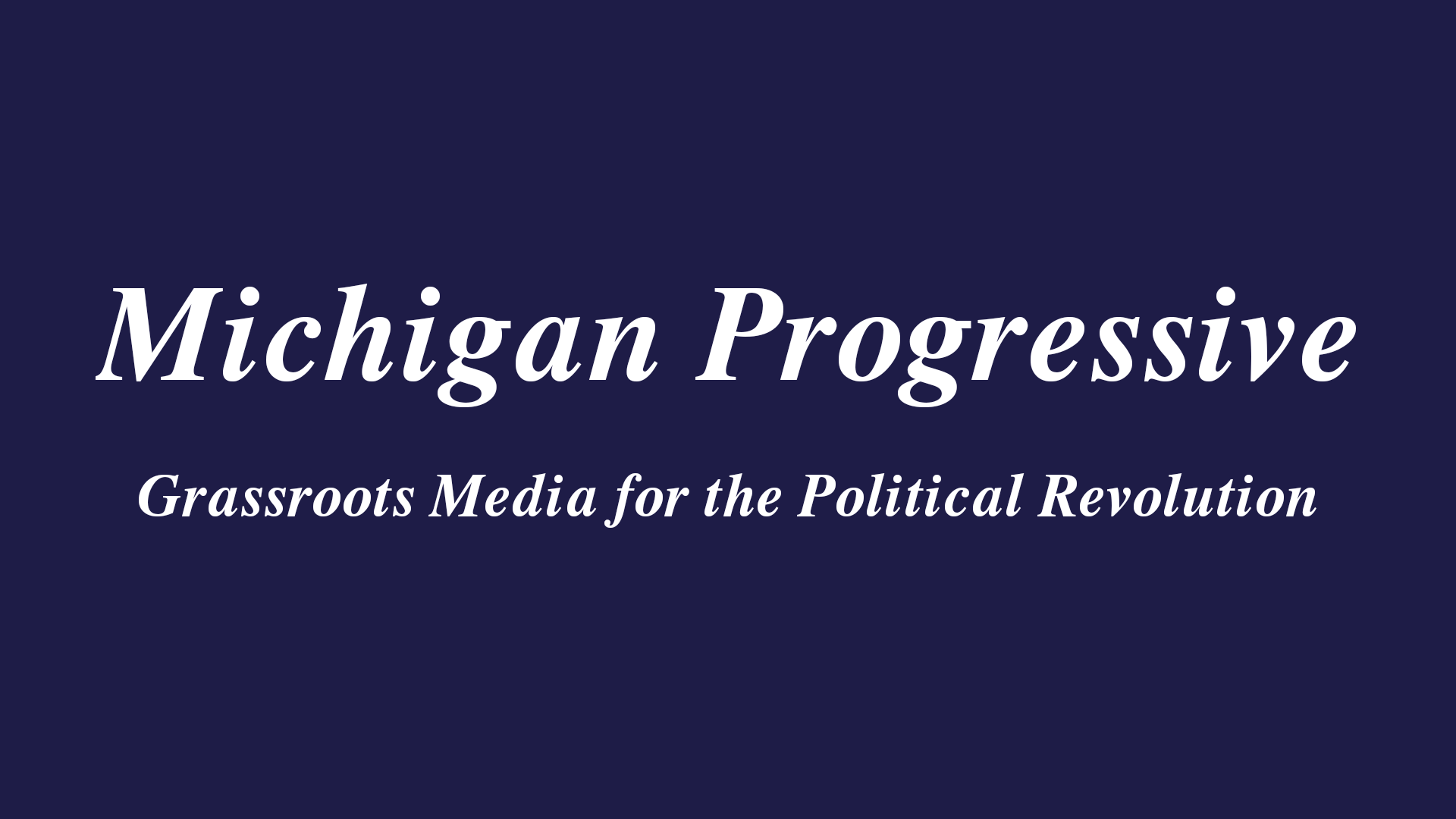The Michigan Democratic Party Rules Committee met November 7th to address the proxy problem – the practice of sidelining elected human representatives present at meetings (alternates), in favor of unelected paper proxies (from absent delegates). Tim Hughes, long time member and recently re-appointed Chair of the Appeals Committee, defended the practice, asserting that when members elect delegates and alternates at the State Convention, “they know the delegates, but don’t know the alternates”. This was the only substantive argument for the practice given at the meeting. My arguments against are here.
Why do members know those running for delegate, but not alternate? Is there some system in place to ensure only known people run for delegate? Known to whom? There must be a coalition of Party members with the special privileged to decide who is well enough known to be allowed to run for delegate, and who is not. This isn’t some cabal operating in secret. They do it openly, and the vast majority don’t realize the practice is discriminatory, or deeply anti-democratic.
That privileged coalition is part of the establishment. They systematically sort members into first class and second class status, depending on how well they’re known to the establishment coalition. First class members are allowed to run for delegate, second class members are not. Delegates have special privileges under the rules as re-written sometime after 1991. They don’t have to go to State Central meetings to cast their votes. They can stay home and give their paper proxy to another delegate to cast for them. The MDP elevates (gives a vote to) unelected paper proxies from first class members, over second class members actually present in person at State Central meetings.
The establishment sorts members into those who are known to the establishment coalition, and those who aren’t. Members who will vote with the establishment, and members who won’t, or might not. Members who are loyal to the Party establishment, and members who are disloyal, or whose loyalty is suspect. New members aren’t known to the establishment coalition – they’re new. They’re always suspect, fit only for second class membership under the system Chairman Hughes defends.
That’s systematic discrimination against new members.
Discrimination works its way into Party culture. Humans are hardwired to sort people into in-groups and out-groups. When we allow systematic discrimination against a group in some way, even when we don’t consciously recognize it, we’re prone to carry that discrimination into other areas. That’s how a Party that preaches inclusion and unity has many members who believe the greatest threat to the Party are the new members with new ideas. Not Republicans. Not Trump. New members with new ideas. People who won’t toe the establishment line.
Earlier this year, a long time member said so openly, at a convened County Committee meeting. It’s not just that they said it, it’s that they said it in an open meeting, expecting everyone else to nod along, agree, and discuss the “problem”. They didn’t notice the new member at the back of the room. It made everyone uncomfortable, but there was no pushback. This wasn’t the first time that’s been aired openly with no pushback, nor the last. It’s a sentiment new people have often overheard from long time Party members.
Often, long time members get angry about new members getting elected. Shortly after I was first elected to the State Central Committee in 2017, I was confronted by an MDP member yelling at me for talking about the rules the establishment was breaking – “you’re just trying to tear down the Party!” She didn’t believe there was an establishment. At one point she said, “I’ve been working campaigns, knocking on doors, making phone calls for eight years and I’ve never been on the State Central Committee!” With a tone that said, how dare you! So I asked her, “did you run?” She said no, she was “waiting her turn”, with a tone that said like you’re supposed to. The establishment was so deeply embedded in her mind, she never in eight years decided to run. She very much wanted to, but never did. Never questioned that she has to “wait her turn”. Waiting your turn was just “the way we’ve always done it”.
An establishment is not just the collection of people with power and influence in an organization, that’s only a small part of it. An establishment is a collection of tools and processes, rules and behaviors, thoughts and ideas, people and organizations, that work together to maintain and grow its own illegitimate power.
Most people in the establishment have no idea they’re part of it. Like the young lady who never ran for State Central, they don’t even believe there is an establishment. The vast majority of people who are part of the privileged coalition deciding who is and is not allowed to run for delegate don’t know they’re part of an illegitimate ruling coalition that systematically discriminates against new people.
They learned to do it this way from their predecessors, from their friends and trusted Party authorities. It’s “the way we’ve always done it”. They’re good people, they work hard, dedicate their time and energy and money to the Party, but are told to “wait their turn”. Often, they’re turn never comes. Either because they’re not enough of a squeaky wheel to get the establishment’s attention, or because the establishment doesn’t believe they’re loyal enough. When someone who isn’t deemed loyal enough squeaks loudly, they’re encouraged to run as an alternate – so their vote can be suppressed by seating unelected paper proxies before elected human representatives.
There is an establishment coalition in the Michigan Democratic Party. They’re in power, and they use that power to ensure they remain in power. They illegitimately and systematically divide the Party into first and second class members, while calling for “unity”. They give their coalition extra votes by sidelining elected human representatives present in person (alternates), in favor of unelected paper proxies (from absent delegates). Mr. Hughes admits as much by his argument defending the practice. The Rules Committee voted to preserve systematic discrimination and illegitimate voting power, by 11 to 3.
What you can do:
- If you haven’t yet, join the MDP. Donate and join or join for free.
- Congressional District Conventions will be held May 13th to elect delegates to the Democratic National Convention. You must join the Party at least 30 days before in order to vote. If you want to run for delegate, you must file your application by 16 April 2020 at 5pm (the establishment can’t sideline you at the National Convention like they do at the state level). I’ll have a post in a few weeks on exactly how to do this, or you can read the detailed delegate selection plan here.
- Like and follow our Facebook page.
- Subscribe to our YouTube channel; we have a growing series of videos on MDP rules and culture. Here’s one about precinct delegates.
- Subscribe to our podcast, State of the Revolution. Recent guests include Michigan AG Dana Nessel and Pelosi challenger Shahid Buttar. Subscribe on RSS | Spotify | Apple Podcasts | Stitcher | Google Play | Pocket Casts | Patreon
- Support us on Patreon.
- Get in touch directly: Liano at michiganprogressive.com. We’re looking for writers, audio/video production folks, and WordPress gurus.
We win this fight together, or not at all.
#notmeus

